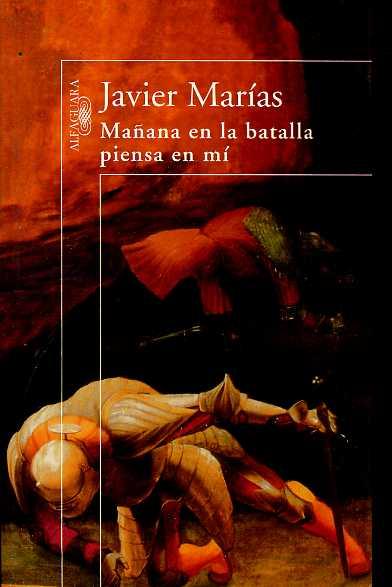Spring in Fialta
A malign star kept him
The Great Gatsby by F. Scott Fitzgerald (1925) - It was better than I remembered it - and I liked it even then - but my enthusiasm for the novel will never reach the level of Ceremony's. More than the prose - besides a few moments, I don't think there were many passages that particularly stood out to me, but my favorite was the one about Daisy believing her and Tom were part of a secret society as well as Gatsby's visions of the past - the structure of the narrative and Fitzgerald's story-telling abilities are on display in this one. There is not a single hint of clunkiness in the narration and I cannot think of a single hole in relation to the story itself. Every question is answered, every detail is formulated upon - to the point where everything is essentially put in the reader's beak, which I often rail against, but it worked well within this whimsical story - but I also felt that the sentiments and emotions Fitzgerald was expanding upon, while important, truthful and valid, gave way to certain overly sentimental scenes that could feel romantically wimpy which deflected from the emotional power they could have (Gatsby visiting Louisville after coming back from the war being the prime example). Still, I enjoyed the read and Fitzgerald could blow you away with a sentence here and there, he just goes overboard with the flowery writing as so many writers tend to do, instead of using a single, flowery line in a single passage like a pinch of salt to great taste and effect. I also wonder how flowery some sentences would have sounded if it weren't for Fitzgerald using obsure, seldom-used words which adds to that effect. But despite it's prose - although the dialogue is often great - the book is still accessible and a fine one.
Last edited:






